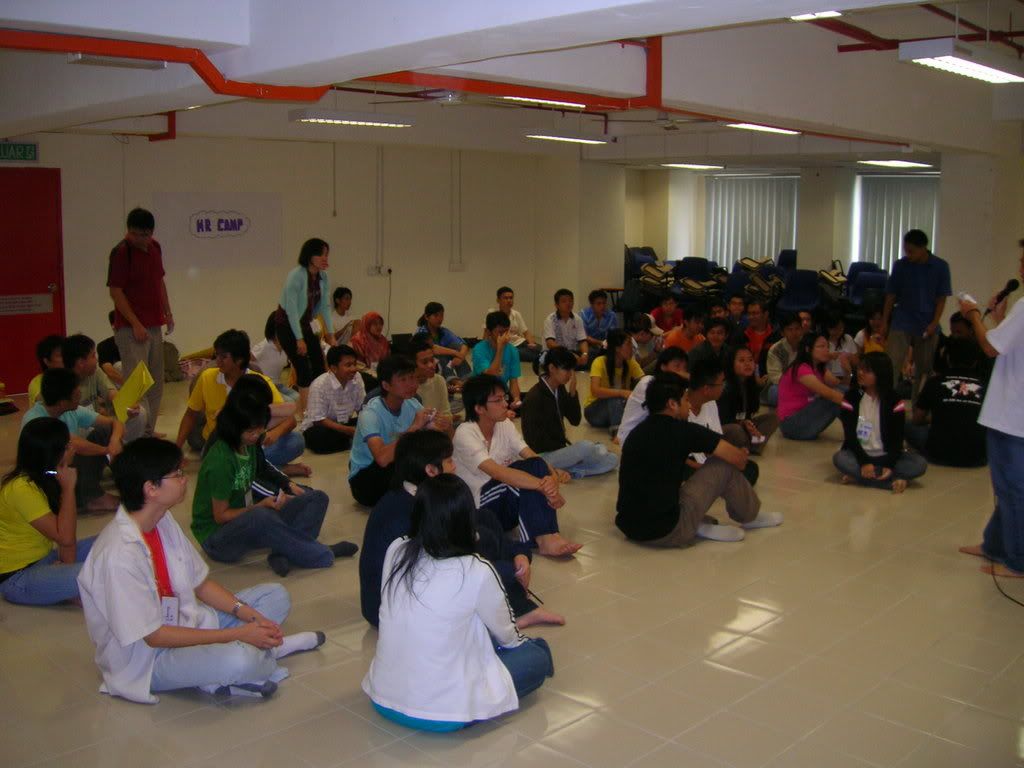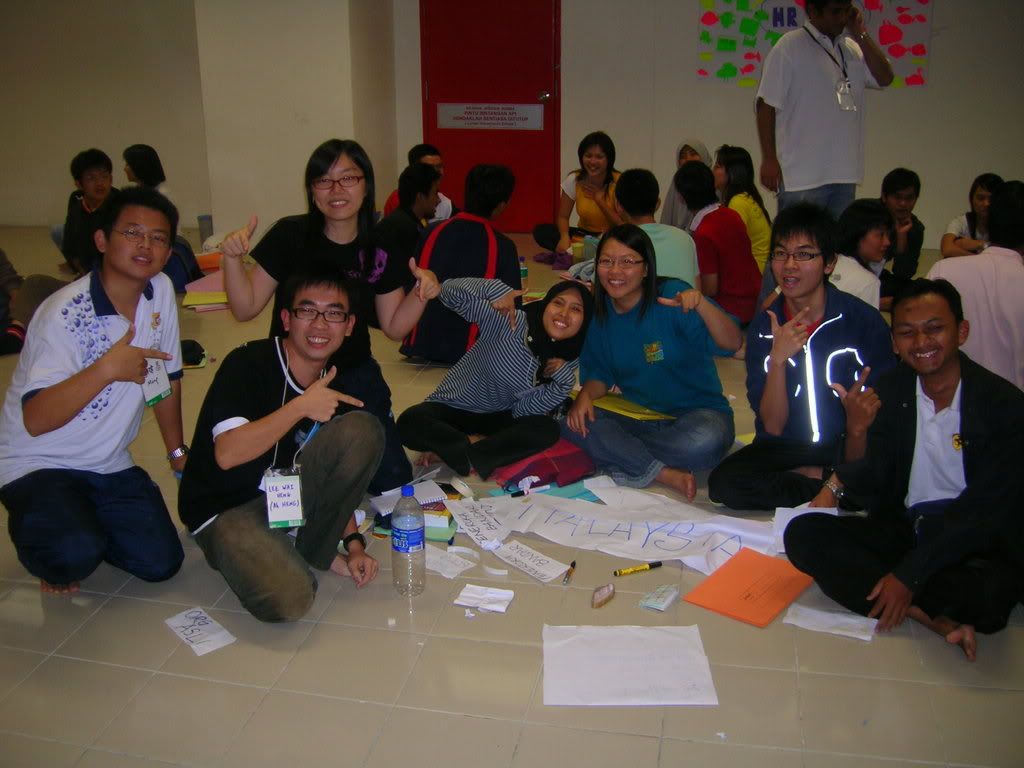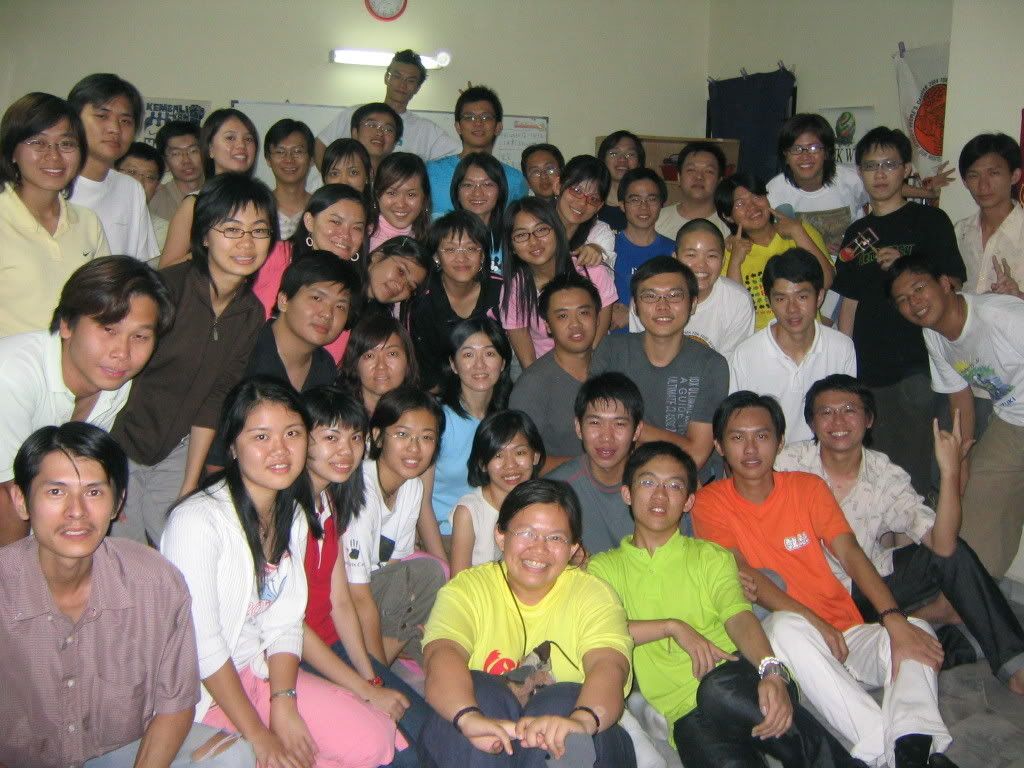The Kuala Lumpur High Court today cleared the technical hindrance of a crucial application by a former student who is challenging the Universities and University Colleges Act (UUCA).
 This decision will enable former Universiti Sains Malaysia (USM) student Soh Sook Hwa to proceed with her case to seek the court to declare several UUCA provisions as unconstitutional.
This decision will enable former Universiti Sains Malaysia (USM) student Soh Sook Hwa to proceed with her case to seek the court to declare several UUCA provisions as unconstitutional.
Justice Wan Afrah Wan Ibrahim today approved Soh's application for an extension of time.
Wan Afrah will meet with counsel for both parties on May 16 to fix a date for the mention of the case.
Soh, 24, challenged the Act in October 2005 after being punished by USM for her alleged involvement in the 2004 general election to campaign for an opposition candidate.
Senior federal counsel Azizah Nawawi who is representing the sole respondent - the higher education minister - cited two main procedural grounds to strike out Soh's application.
The ministry had argued against Soh's main application for a judicial review on a technical ground - that she had filed it after the 40-day time frame since receiving the ministry's letter rejecting her appeal against the penalties imposed by USM.
 Although the time frame is stipulated in the UUCA, Soh argued that she only learnt of the ministry's decision much later as she was abroad and that the letter was not sent to her hometown address.
Although the time frame is stipulated in the UUCA, Soh argued that she only learnt of the ministry's decision much later as she was abroad and that the letter was not sent to her hometown address.
She then filed an application to seek an extension of the 40-day time frame on the ground that her action against the ministry involved public interest.
The application was approved by the court today, after being adjourned seven times.
A peaceful assembly
Soh, who is now working in Penang as a marketing executive, showed up in court this morning with some 50 student activists.
Prior to the hearing, they held a peaceful assembly in front of the court.
Armed with banners and posters, students shouted slogans such as "student power", "hidup mahasiswa" (long live student) and "mansuhkan Auku" (abolish UUCA).
Besides short speeches by several student leaders, one of them also recited a poem.
 The 50-minute assembly was monitored by several policemen and special branch officers.
The 50-minute assembly was monitored by several policemen and special branch officers.
This is the first case challenging the legality of the UUCA, which bars academicians and students from being involved in politics, among other activities, without prior permission from the campus authorities.
Soh is seeking a review of the ministry's decision to reject her appeal against the penalties imposed by the USM disciplinary board.
She is also seeking a declaration that Section 15 of the UUCA - which bars students from being affiliated with political parties or associations - and several provisions in the USM regulations as unconstitutional.
 In December 2004, USM found Soh guilty of breaching Section 15 of the UUCA based on a photograph of her clad in a T-shirt bearing an opposition party logo that had appeared in a vernacular paper.
In December 2004, USM found Soh guilty of breaching Section 15 of the UUCA based on a photograph of her clad in a T-shirt bearing an opposition party logo that had appeared in a vernacular paper.
The university then accused her of campaigning for Parti Keadilan Rakyat candidate Tian Chua in the Batu parliamentary seat in Kuala Lumpur. She was found guilty, fined RM200 and issued a stern warning.
The former student representative was a final-semester journalism undergraduate at the time. She was also the former president of the USM Chinese Language Society.


 This decision will enable former Universiti Sains Malaysia (USM) student Soh Sook Hwa to proceed with her case to seek the court to declare several UUCA provisions as unconstitutional.
This decision will enable former Universiti Sains Malaysia (USM) student Soh Sook Hwa to proceed with her case to seek the court to declare several UUCA provisions as unconstitutional. Although the time frame is stipulated in the UUCA, Soh argued that she only learnt of the ministry's decision much later as she was abroad and that the letter was not sent to her hometown address.
Although the time frame is stipulated in the UUCA, Soh argued that she only learnt of the ministry's decision much later as she was abroad and that the letter was not sent to her hometown address. The 50-minute assembly was monitored by several policemen and special branch officers.
The 50-minute assembly was monitored by several policemen and special branch officers. In December 2004, USM found Soh guilty of breaching Section 15 of the UUCA based on a photograph of her clad in a T-shirt bearing an opposition party logo that had appeared in a vernacular paper.
In December 2004, USM found Soh guilty of breaching Section 15 of the UUCA based on a photograph of her clad in a T-shirt bearing an opposition party logo that had appeared in a vernacular paper.


